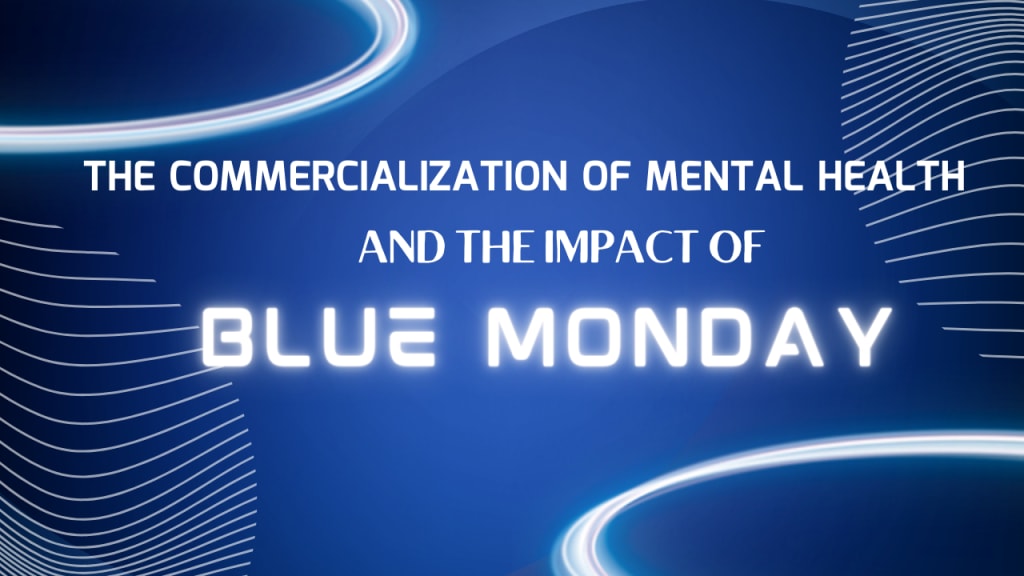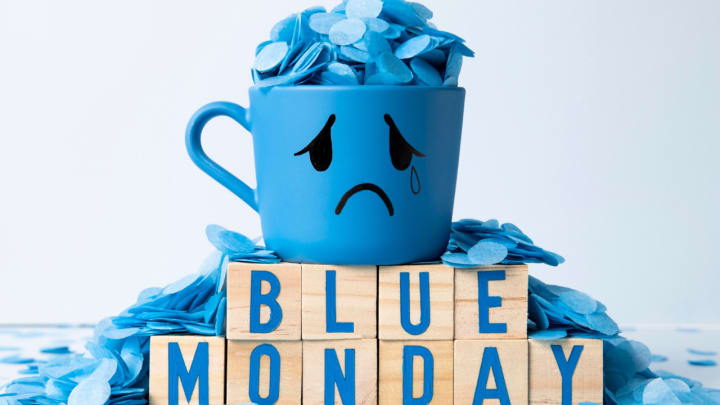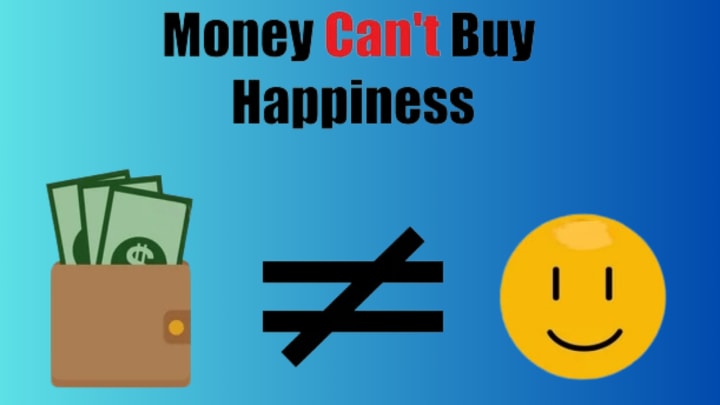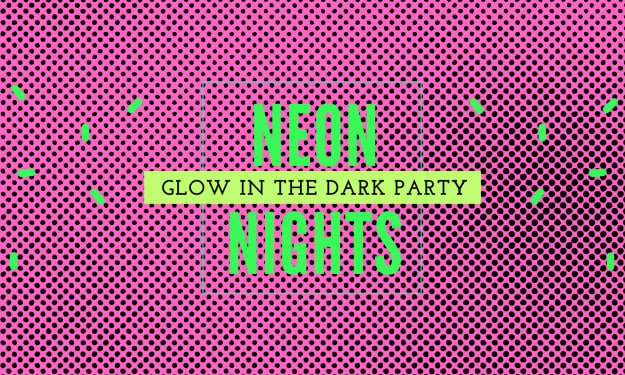The Commercialization of Mental Health and the Impact of Blue Monday
Unveiling the Psychological Toll of Marketing Strategies on Mental Well-being

I'm starting to empathize with January lately. It constantly receives negative attention, doesn't it? It's burdened with gloominess, darkness, and cold, and everyone's financially strained due to Christmas. But is it fair to blame January for all of this? Did it willingly position itself right after the annual feast of overindulgence, when people go wild with mulled wine and think it’s okay to survive on mince pies and brandy butter for 12 consecutive days? Meanwhile, January is mainly associated with abstinence and the infamous Blue Monday, considered the most depressing day of the year, landing on the third Monday of the month.

As a journalist, the approach of Blue Monday becomes evident through the growing sense of despair accompanying each press release in my inbox, promoting various ways to cope with it. "Beat Blue Monday with mushroom tea!" suggests one company, while another enthusiastically declares, "Make it a really Blue Monday with these special bedroom toys!" I mechanically delete each message, silently cursing the man who coined this PR term back in 2004 as a tactic to sell vacations – Cliff Arnell is his name.

Arnell, a psychologist, was commissioned by a holiday company in 2004 to devise a "scientific formula" for determining the most depressing day of the year. Driven more by financial incentives than scientific rigor, Arnell complied, and here we are, two decades later, still witnessing mental health exploited by companies for quick profit. Admittedly, the swift adoption of this marketing term reflects a societal mindset that believes purchasing happiness is a viable solution to mental well-being issues.

To Arnell's credit, the widespread acceptance of this marketing term perhaps reveals a lot about the increasing levels of anxiety and depression in our society. The notion that we can buy our way to a good mood suggests a fundamental misunderstanding of mental health. While there are connections between exposure to daylight and mood, it's crucial to recognize that depression is far more intricate than a high school project in pathetic fallacy.

Depression occurs throughout the year for various reasons unrelated to vacation plans. Depression in July is as debilitating as depression in January, and the misguided belief that sunshine and summer days alone can uplift one's mood is counterproductive. The idea that winter darkness contributes to depression might offer a sense of solace, but in reality, it fosters negative thinking.

Quoting the late Louise Hay from her influential self-help book, "You Can Heal Your Life," she wrote: "If we wear the appropriate clothing and change our attitude, we can have a lot of rainy day fun." It's essential to question whether today is genuinely the most depressing day of the year just because it's the third Monday in January or if it's merely a day like any other, with 24 hours at your disposal. Personally, I feel a bit more optimistic when I adopt this perspective.

Growing older has taught me that my well-being isn't tethered to the time of the year or even fixed on a particular day. My internal weather is always changing. Forget about experiencing four seasons in one day; sometimes, I've cycled through them all by 11 am.

If you find yourself feeling blue today, it could be because we live in a society that has commoditized mental health as a marketing tool to sell vacations. Alternatively, it might be due to a serious illness that requires proper treatment, not just mushroom tea and vibrators. Regardless of the circumstances, I hope you remember that you're not alone, and like the weather, this, too, shall pass.
About the Creator
Dinesh Premabandu
As a freelance writer and researcher, I am a passionate and dedicated individual with a keen eye for detail and a love for words. With broad of experience in the field, I have honed my skills in producing high-quality contents any topics






Comments
There are no comments for this story
Be the first to respond and start the conversation.